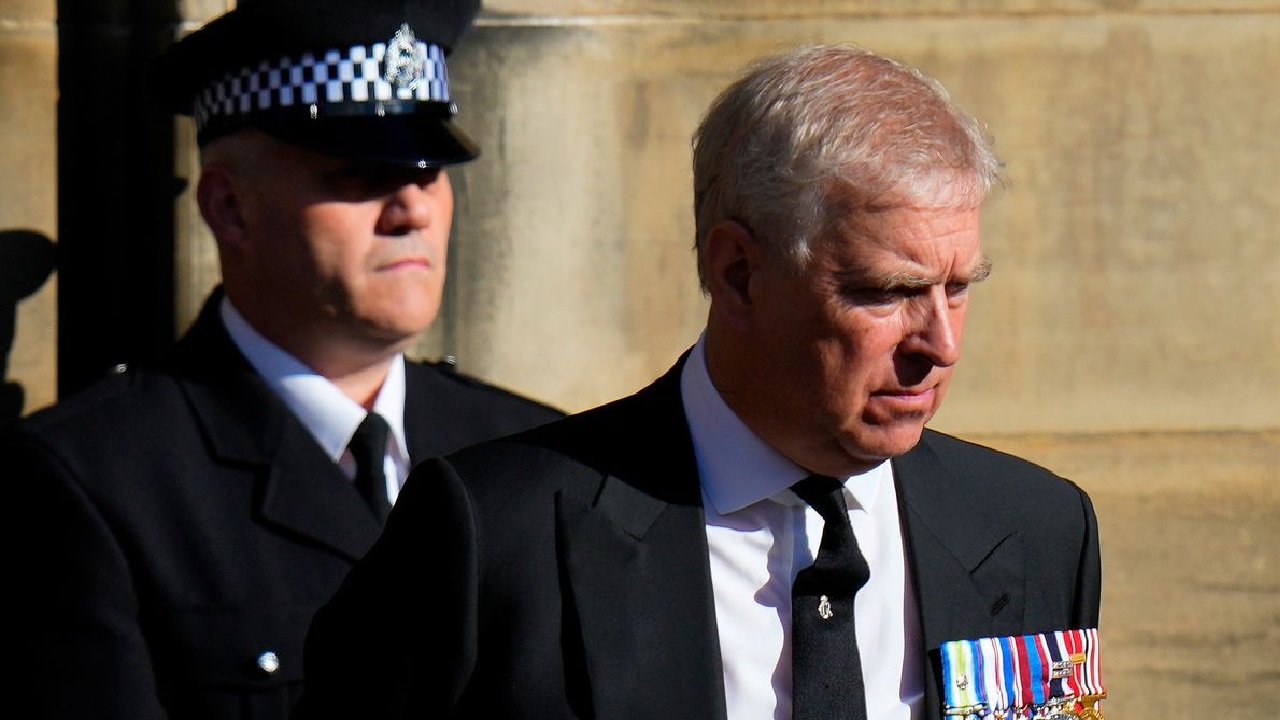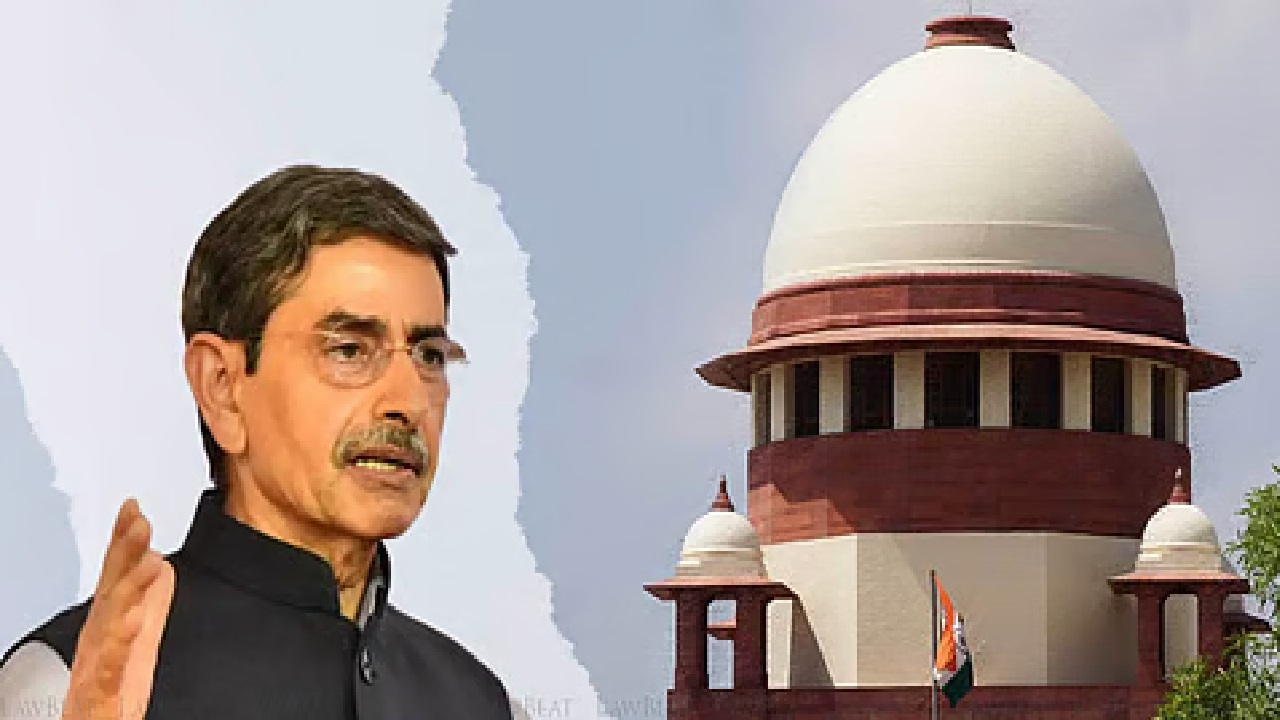Vodafone Idea, one of India’s largest telecom operators, has had a turbulent journey since its inception. The company was formed in 2018 through the merger of Vodafone India, the local subsidiary of UK-based Vodafone Group, and Idea Cellular, owned by the Aditya Birla Group. The merger aimed to create a stronger competitor against industry giants like Reliance Jio and Bharti Airtel. However, mounting financial stress, massive debt, and stiff competition have left Vodafone Idea struggling for survival.
In a significant move to stabilize the company, the Indian government has decided to increase its stake in Vodafone Idea by converting a portion of the company’s outstanding spectrum dues into equity. This development marks a crucial step in the government’s ongoing efforts to support the struggling telecom sector.
Government Increases Stake to 48.99%
The Indian government, which already holds a 22.6% stake in Vodafone Idea, will now increase its shareholding to 48.99%. This move comes as part of the telecom relief package announced in September 2021, aimed at reviving financially distressed telecom operators.
According to Vodafone Idea’s regulatory filing, the government will convert ₹369.5 billion ($4.3 billion) in outstanding spectrum dues into equity. This will be done through the issuance of 36.95 billion new shares at ₹10 each, significantly increasing the government’s ownership stake.
Despite the government’s expanded shareholding, Vodafone Idea has assured that its initial private investors—Vodafone Group and Aditya Birla Group—will continue to have operational control of the company.
Financial Challenges and Debt Burden
Vodafone Idea has been struggling under a massive debt burden of ₹2.16 trillion ($26 billion), which includes deferred spectrum payment obligations owed to the government.
To ease its financial troubles, the company had already announced plans in December 2023 to raise up to ₹19.80 billion through the issuance of preferential shares. However, with stiff competition from Reliance Jio and Airtel, Vodafone Idea has been facing difficulty in raising sufficient capital to expand its 4G and 5G network infrastructure.
The government’s decision to convert dues into equity provides a much-needed lifeline to the company, ensuring it remains operational and competitive in India’s telecom market.
What This Means for Vodafone Idea and the Telecom Industry
This strategic move by the government has several implications:
· Financial Relief: By converting spectrum dues into equity, Vodafone Idea gets a significant reduction in its debt burden, improving its chances of survival.
· Industry Stability: A stronger Vodafone Idea ensures healthy competition in the telecom sector, preventing a potential duopoly between Jio and Airtel.
· Increased Government Role: With a 48.99% stake, the Indian government becomes a key stakeholder, raising questions about its long-term involvement in the company’s operations.
Despite the immediate relief, Vodafone Idea still faces the challenge of raising fresh capital for network expansion, 5G rollout, and operational efficiency.
A Temporary Lifeline or Long-Term Revival?
The Indian government’s increased stake in Vodafone Idea marks a crucial intervention to prevent a major telecom player from collapsing. While the equity conversion provides short-term financial relief, the long-term sustainability of Vodafone Idea hinges on its ability to attract investors, enhance its service offerings, and compete effectively in the rapidly evolving telecom sector.
The coming months will be critical in determining whether this move paves the way for Vodafone Idea’s resurgence or merely delays its financial struggles.
(With agency inputs)








